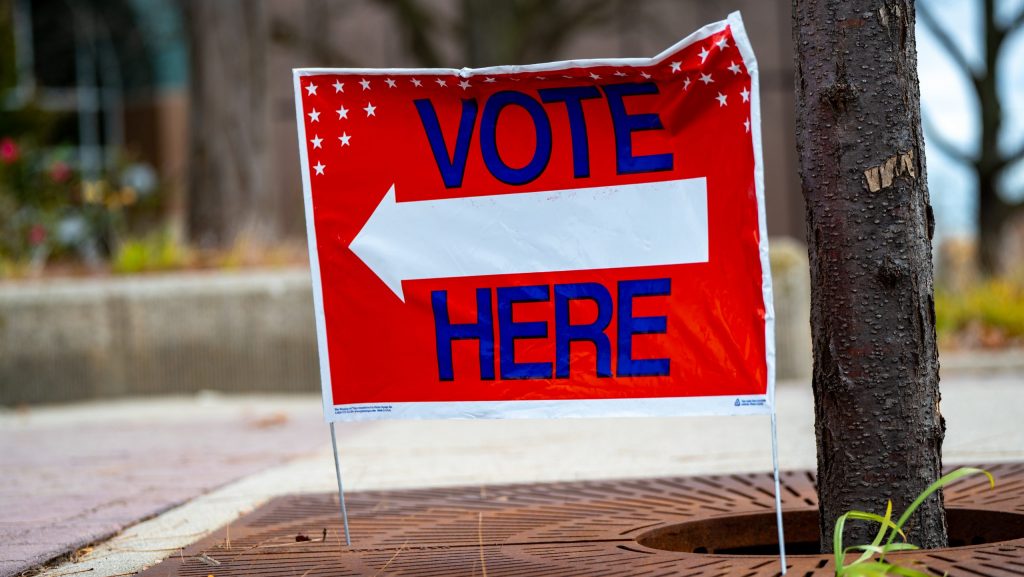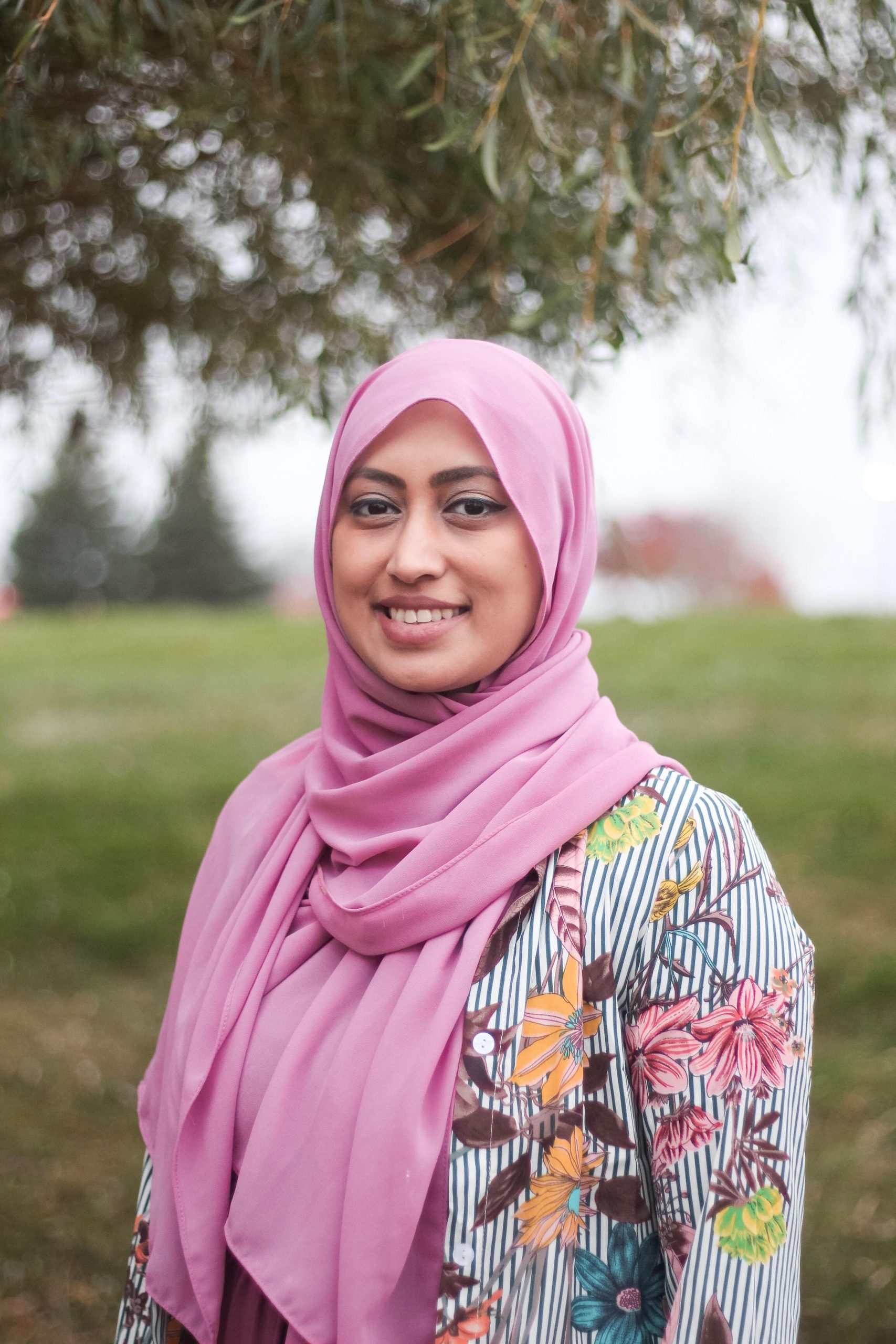Many American Muslims concerned about US Gaza policy in next bid for president
Nargis Rahman September 4, 2024Political science professor Youssef Chouhoud says many American Muslims have close connections to the region.

Photo credit: Kane Bergstrom, WDET
The presidential election is a few months away, and American Muslim voters are weighing out their options for the next president.
Youssef Chouhoud, an associate professor of political science at Christopher Newport University in Virginia, studies trends involving American Muslim voters. He says this year many American Muslims are concerned about Gaza.
“Certainly one of if not the top, if not for some American Muslims, the only issue that they care about is the crisis in Gaza, and so that holds particularly heavy weight this election cycle,” Chouhoud said.
He says American Muslims are nestled within the American fabric, concerned about the economy, climate change, health care and immigration policies.
After 9/11, Chouhoud says, American Muslims were against the war in Iraq and Afghanistan. He says after 2010, many focused on domestic issues.
But he says that changed after the Oct. 7 attacks in Israel — during which Hamas killed 1,200 people — and the invasion of Gaza that followed, where the latest death toll stands at more than 40,000 Palestinians killed.
Chouhoud says many American Muslims view themselves as part of the extended Muslim nation, or the ummah.
“One of the beliefs in Islam is that anything that affects one part of the Muslim ummah affects you as well,” he said.
Chouhoud says many American Muslims also have close connections to Gaza.
“Everybody in the American Muslim context, is probably only one degree removed from somebody in Gaza,” he said.
Chouhoud says American Muslims are stuck between a rock and a hard place when it comes to voting for the next president.
“They don’t, by and large, support a Trump presidency, for the reason that during the Trump administration, and you know, the explicit policies that Trump wanted to and has enacted have negatively affected American Muslims.”
He says many American Muslims say they do not feel like they belong to either Republican or Democratic parties.
“The sense of homelessness, I think, that American Muslims feel politically, is something that weighs heavy on them, and something that you know is going to probably continue from now until they go into the voting booth,” he said.
Chouhoud says things are likely to remain up in the air until the November elections.
Read more:
- DNC hosts first ever panel on Palestinian human rights
- Uncommitted delegates at DNC aim to put pressure on Harris’ Gaza policy
- ‘Uncommitted’ delegates hold DNC sit-in after refusal to allow Palestinian speaker at convention
Trusted, accurate, up-to-date.
WDET strives to make our journalism accessible to everyone. As a public media institution, we maintain our journalistic integrity through independent support from readers like you. If you value WDET as your source of news, music and conversation, please make a gift today.
Author
-
 Nargis Hakim Rahman is the Civic Reporter at 101.9 WDET. Rahman graduated from Wayne State University, where she was a part of the Journalism Institute of Media Diversity.
Nargis Hakim Rahman is the Civic Reporter at 101.9 WDET. Rahman graduated from Wayne State University, where she was a part of the Journalism Institute of Media Diversity.
